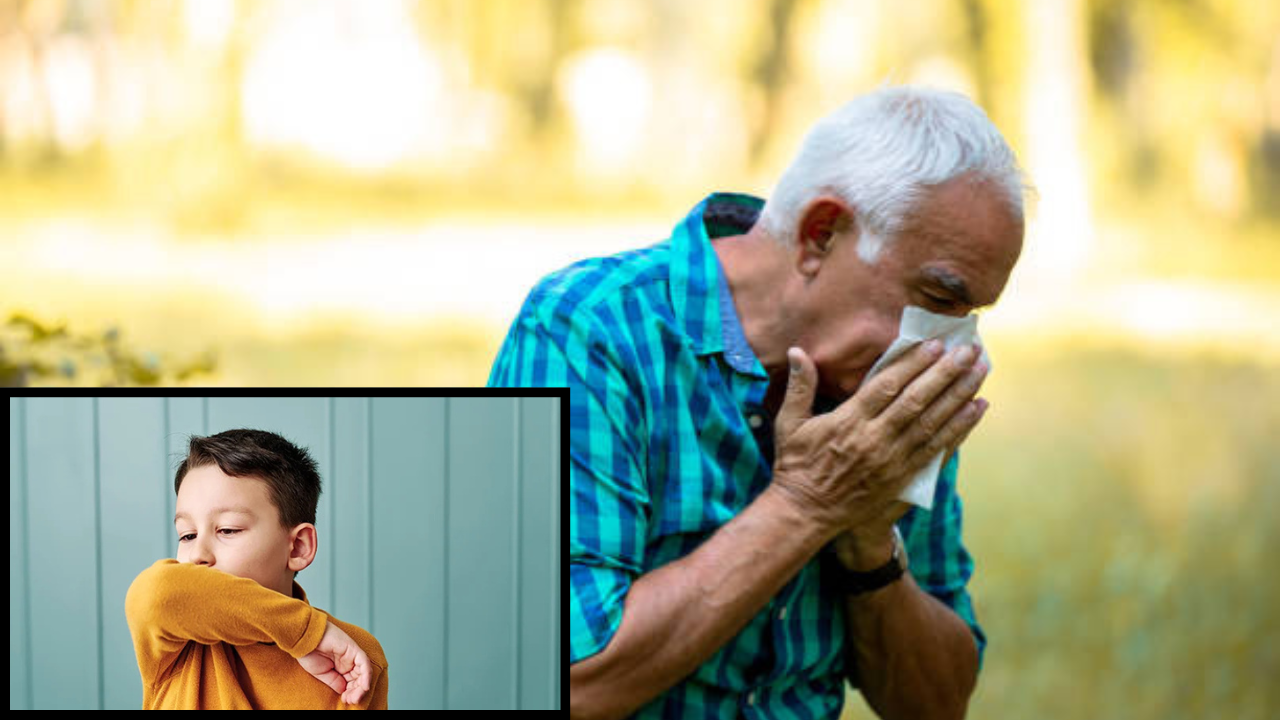 English
English

As winter approaches, fluctuating temperatures and dry air pose serious health challenges, especially for children and the elderly. Here’s how changing weather impacts immunity and what precautions can help you stay safe this season.

Sudden temperature drops increase the risk of viral infections in winter.
New Delhi: Winter is knocking on the door and the cold season has begun. During this season, everyone should be cautious and alert, and consume things that increase the body's strength. This constantly changing weather will definitely make people sick.
Children's immune systems are not fully developed until the age of seven or eight, making them less capable of fighting new and multiple viruses.
Young children, particularly three- to five-year-olds, are exposed to higher quantities of germs in childcare and school environments as their immune systems are still being introduced to common infections for the first time.
Kids are also still learning proper hygiene, like covering coughs and sneezes, increasing the risk of transmission.
Infants and preschoolers may not have had sufficient prior exposures to these viruses, particularly after pandemic-era social distancing, reducing their baseline immunity and making first exposures more severe.
Why Your Hair Turns Frizzy In Winter- And 5 Natural Fixes That Actually Work
With aging, the immune system weakens, a process known as immunosenescence, which lowers the body's defense against both new and common viruses.
Seniors are more likely than others to have underlying chronic conditions, such as heart or lung disease, diabetes, or cancer, which could worsen complications from respiratory viruses.
Older adults may respond less effectively to vaccines, further increasing vulnerability.
These physiological changes come with aging, including less effective mucus membranes and reduced lung function, which contribute to a higher risk for serious illness.
Which foods can boost your immunity against winter smog?
Cold weather drives people indoors, which increases close contact along with the spread of germs. Low humidity during winter allows viruses to remain airborne longer, thereby infecting more people. Annual surges of respiratory viruses, such as influenza, RSV, and sometimes COVID-19, can stress healthcare systems; thus, timely treatment and prevention are particularly important among these high-risk groups. In understanding the special risks presented to children and the elderly, families and caregivers can take additional precautions, such as vaccinations, good hygiene, and avoiding crowded indoor areas during peak seasons, to protect these vulnerable sections of the population.